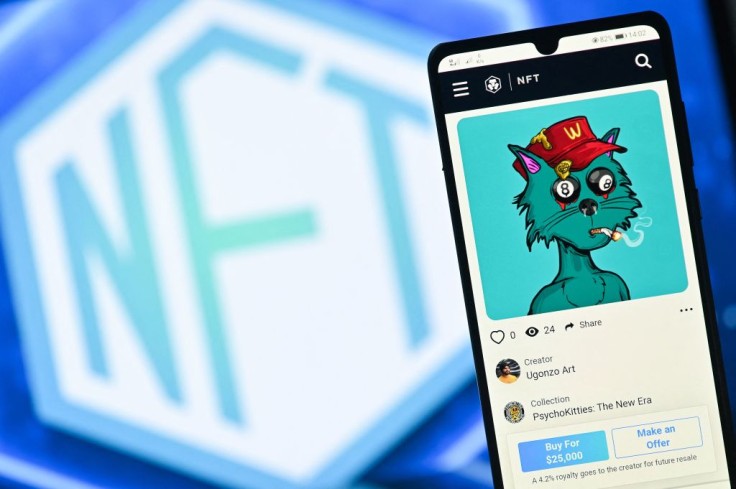
NFTs have undeniably dominated the digital finance industry last year and has continued its strength in these times.
Unfortunately, another NFT with a similar name to Bored Ape Yacht Club, The Big Daddy Ape Club, was held on Jan. 11. As reported by Forbes, the investors were duped out of around $1.13 million in that case.
Just by its name, numerous people were under the impression that they bought NFT tokens similar to A-listers Paris Hilton, Eminem, and Jimmy Fallon.
The money was paid, but the tokens were never produced in this case. This scam is a classic bait-and-switch scheme. In addition, the investors were not completely clueless.
According to the report, the team at the Big Daddy Ape Club had been "verified" by Civic, a San Francisco-based decentralized identity-verification startup.
As a result of the scams in the crypto and NFT scams, users can now obtain NFT insurance. The insurance industry has devised new policies to safeguard from fake NFTs as a result of the scams.
OpenSea NFT Scam
It is reported Vice that according to OpenSea, one of the major non-fungible token exchanges online, a free non-fungible token minting tool is being widely misused to conduct fraud and create spam.
The amount of theft and fraud related to the NFT sector has increased as well.
Unfortunately, the platform's artists are all too acquainted with the feeling of finding their own work gazing back at them in OpenSea's digital gallery.
Nevertheless, OpenSea has revealed how much fakery and theft account for on their platform, and it's a lot.
In the sad reality, most of all of the NFTs published for free on the company's platform are either spam or plagiarized, according to the company.
Read Article: NBA Metaverse: Nets Create 'Netaverse' for Virtual Fans to Watch Basketball Game, Use 100+ High-Resolution Cameras!
OpenSea New Policy
The recent policy change was announced by OpenSea on Thursday Jan. 27, which had just stated that its free functionality will now only allow users to "mint," or establish, up to five collections with 50 NFTs each.
To address feedback we've received about our creator tools, we updated our collection storefront contract limits to only support the creation of up to 5 collections and 50 items per collection.
— OpenSea Support (@opensea_support) January 27, 2022
According to Gizmodo, OpenSea said that it had recently seen the misuse of the feature "increase exponentially" since the "lazy minting" tool was originally created in 2020 to make it easier for artists of modest means to get into the NFT space by charging no upfront gas fees.
Unfortunately, more than 80% of NFTs made with this program were plagiarized works, fraudulent collections, and spam.
The policy change sparked outrage, with some projects claiming that it was an unexpected hurdle for them as they still needed to mint NFTs but were unable to do so.
However, due to the outrage, OpenSea switched course and declared that the limit would be lifted, as well as providing some background on why the limit was imposed in the first place: the free minting tool is almost entirely used for fraud or spam.
As a result, the corporation declared that customers would be limited in the number of NFTs they could create.
Users complained that they were unable to complete their collections or submit new work as a result of the decision, prompting OpenSea to remove the limit and apologize to its users on the same day.
Changing The Policy
Amidst all of the challenges the company is facing, OpenSea stated in a Twitter thread that they make every decision with their artists in mind.
Although they originally developed our shared storefront contract to make it easy for creators to onboard into the space.
However, they have recently noticed an exponential surge in the misuse of this feature, with over 80% of the items created with this tool being plagiarized works.
However, we've recently seen misuse of this feature increase exponentially.
— OpenSea (@opensea) January 27, 2022
Over 80% of the items created with this tool were plagiarized works, fake collections, and spam.









